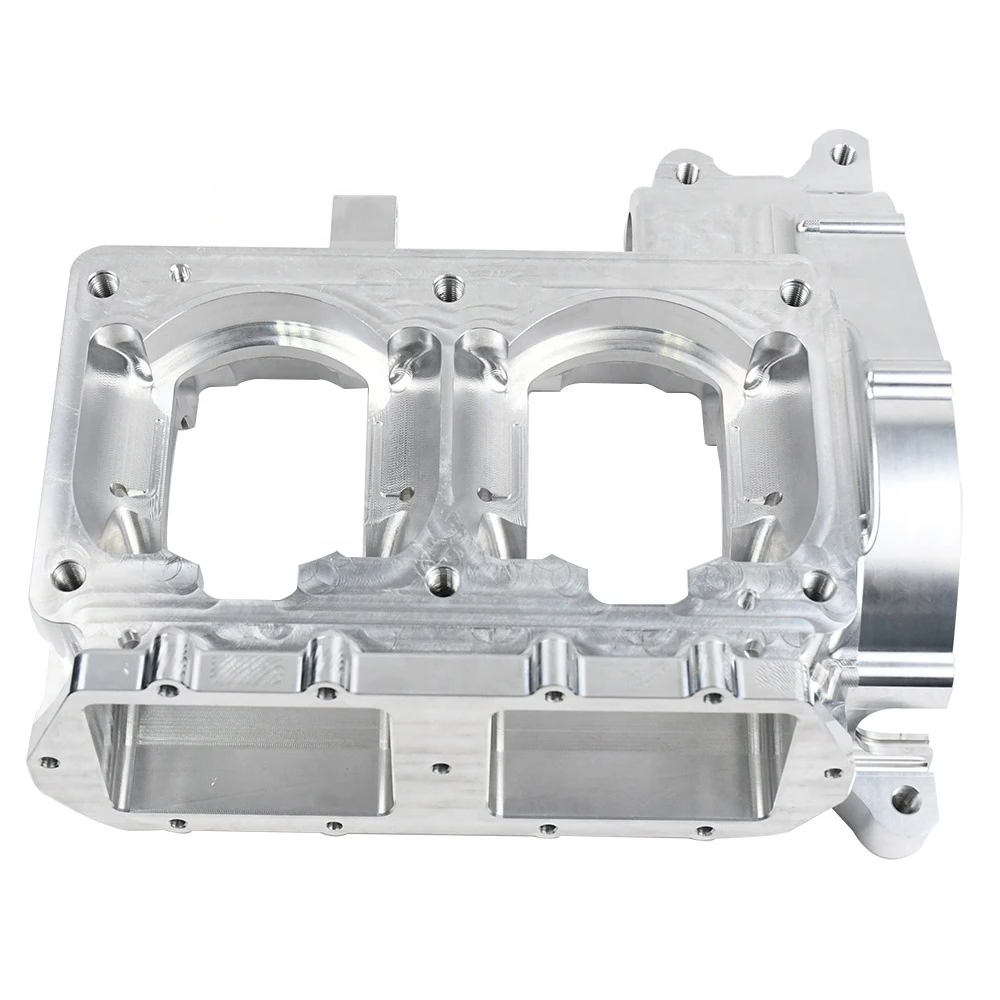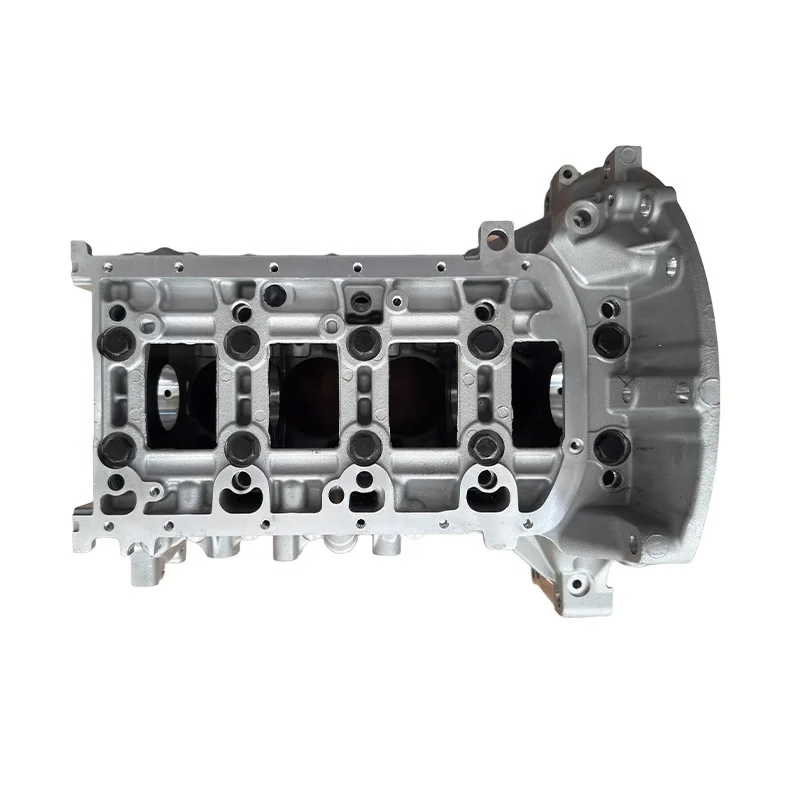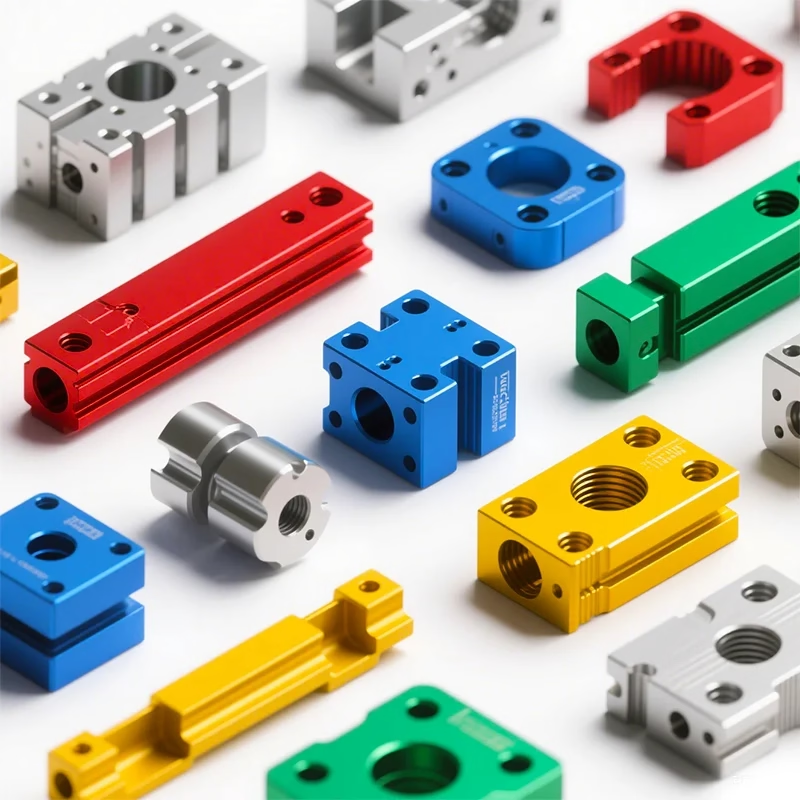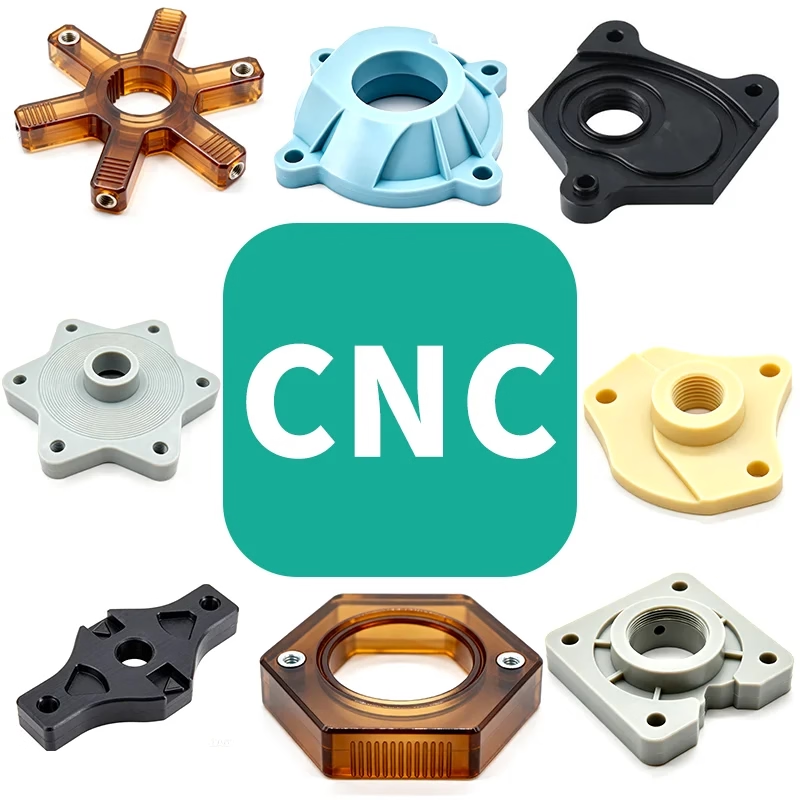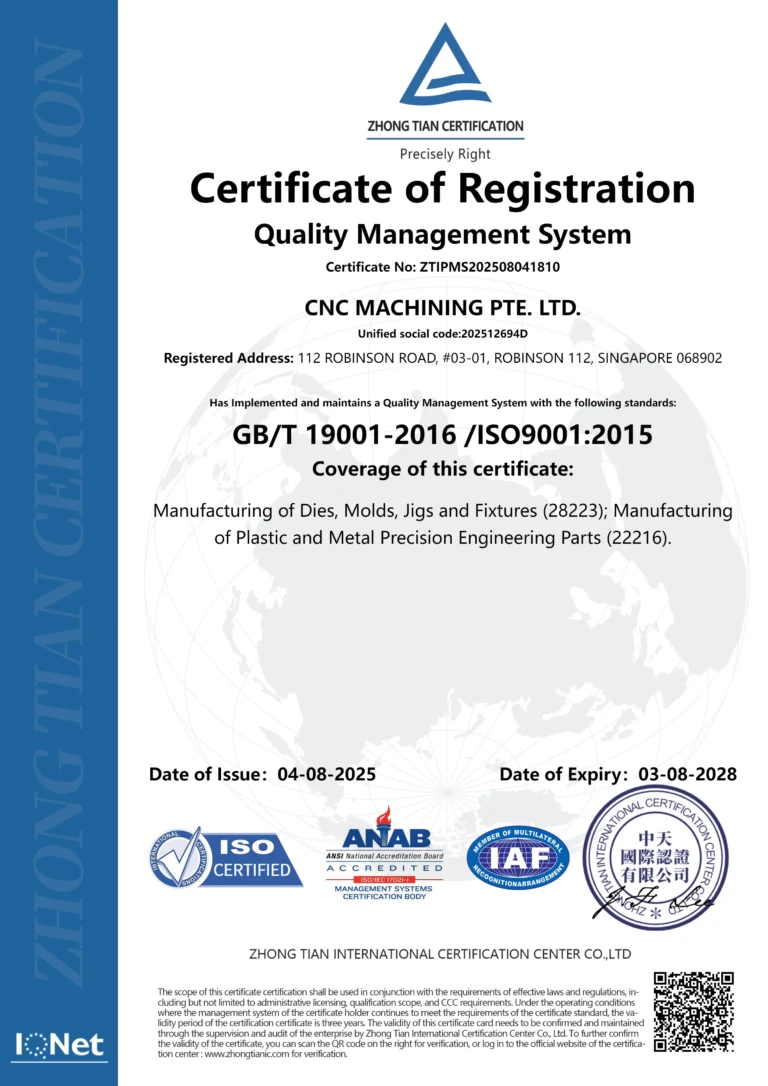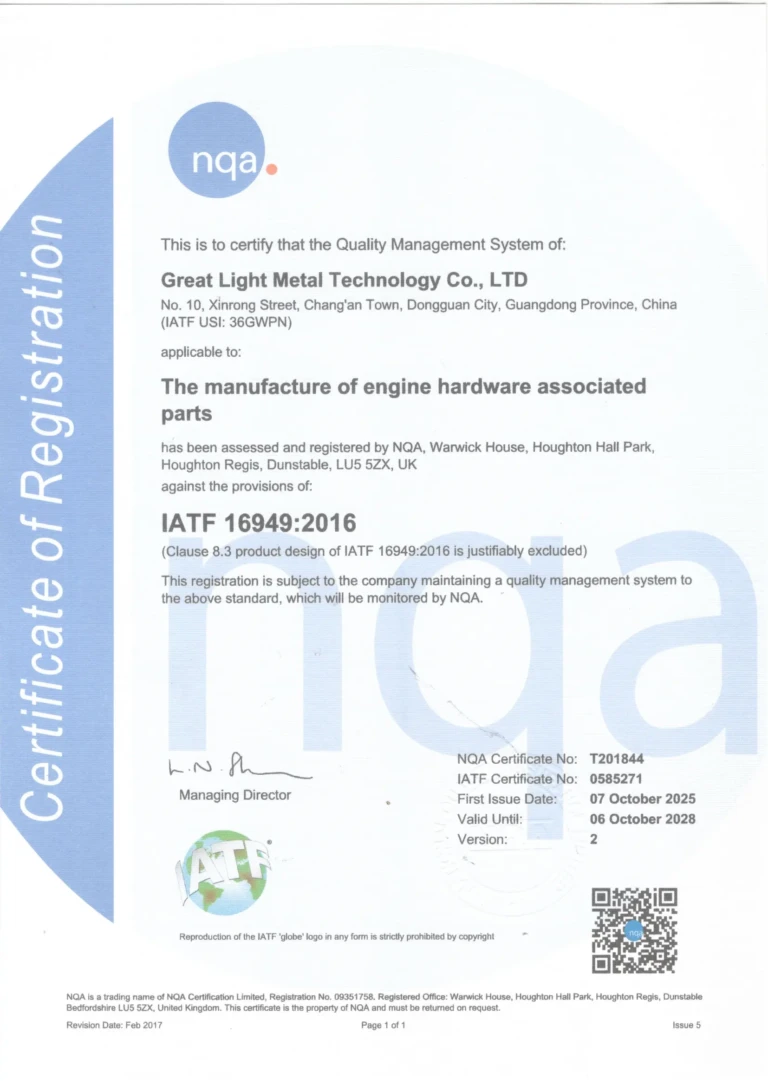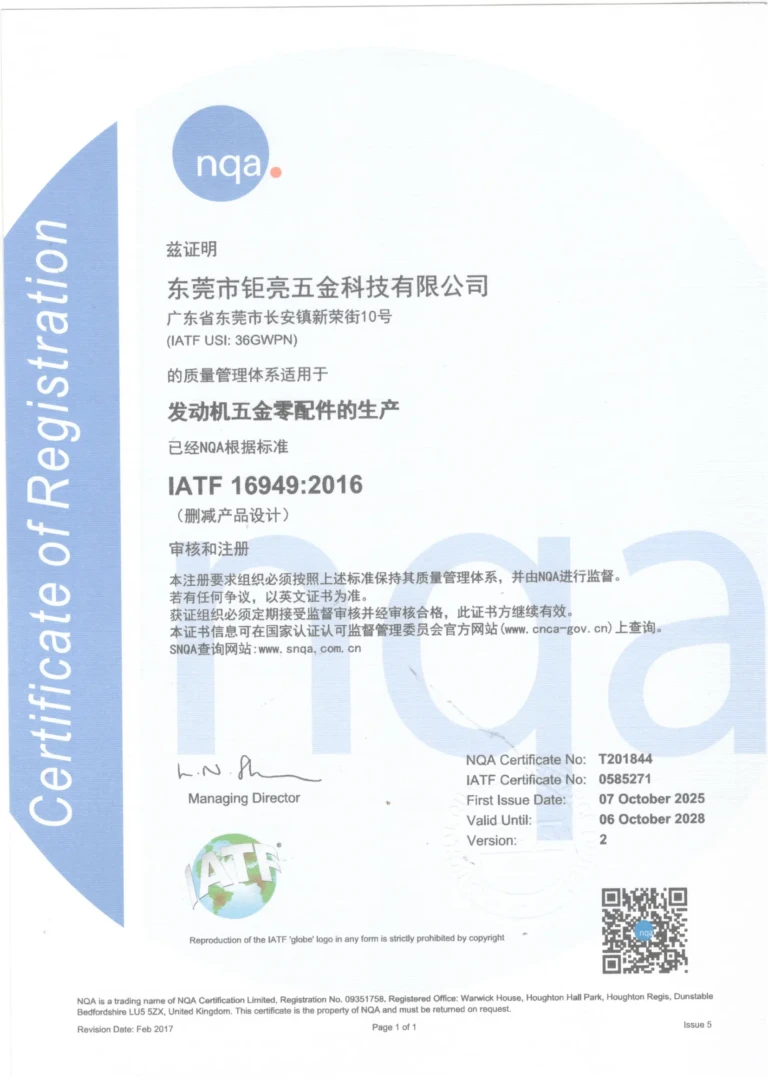Revolutionizing the Mold Industry: The Rise of Industry 4.0 and Intelligent Manufacturing
In today’s rapidly evolving industrial landscape, the rise of Industry 4.0 and Intelligent Manufacturing has transformed the way companies operate. The mold industry, in particular, is experiencing a significant shift in the way products are designed, produced, and delivered. As a result, companies that fail to adapt to these changes risk being left behind in the competition. In this blog post, we’ll explore the impact of Industry 4.0 and Intelligent Manufacturing on the mold industry and how manufacturers can capitalize on these innovations to stay ahead of the curve.
What is Industry 4.0 and Intelligent Manufacturing?
Industry 4.0 refers to the fourth industrial revolution, characterized by the integration of advanced technologies such as the Internet of Things (IoT), artificial intelligence (AI), big data analytics, and cognitive computing. This revolution is transforming traditional manufacturing by enabling real-time monitoring, data-driven decision-making, and seamless automation.
Intelligent Manufacturing, on the other hand, is an extension of Industry 4.0, focusing on the strategic integration of cutting-edge technologies to create a more efficient, lean, and adaptive production system. It involves the use of advanced analytics, augmented reality, and machine learning to predict and prevent production bottlenecks.
How is the Mold Industry Impacted?
The mold industry is particularly well-suited for Industry 4.0 and Intelligent Manufacturing. Mold makers are already experiencing the benefits of increased efficiency, accuracy, and customization. With the help of advanced technologies, they can:
- Improve Design and Prototyping: Digital twin technology allows mold makers to create virtually identical replicas of their products, streamlining the design and prototyping process.
- Enhance Production Efficiency: Real-time monitoring and data analytics enable predictive maintenance, reducing downtime and increasing production speed.
- Optimize Material Usage: Advanced analytics can help mold makers identify optimized material usage, reducing waste and costs.
- Increase Customization: With the help of 3D printing and additive manufacturing, mold makers can create complex, customized products with high precision and accuracy.
- Improve Quality Control: Quality control is a crucial aspect of the mold industry. Industry 4.0 and Intelligent Manufacturing enable mold makers to implement real-time quality control, ensuring higher product quality and reduced rework.
How to Leverage Industry 4.0 and Intelligent Manufacturing in the Mold Industry?
For mold makers to fully capitalize on Industry 4.0 and Intelligent Manufacturing, they must adopt the following strategies:
- Leverage Advanced Analytics: Utilize data analytics to gain insights into production patterns, identify bottlenecks, and optimize material usage.
- Implement IoT and Automation: Integrate sensors and automation to monitor and control production, reducing human error and increasing efficiency.
- Invest in Additive Manufacturing: Take advantage of 3D printing and additive manufacturing to produce complex, customized products.
- Collaborate with Supply Chain Partners: Collaborate with suppliers and partners to share data and insights, improving supply chain efficiency and reducing costs.
- Invest in Employee Training: Train employees on the latest technologies and processes to ensure they can effectively operate in the new Industry 4.0 landscape.
Conclusion
The rise of Industry 4.0 and Intelligent Manufacturing is transforming the mold industry, offering unparalleled opportunities for innovation, efficiency, and customization. To stay ahead of the competition, mold makers must adopt these emerging technologies and strategies, leveraging the benefits of advanced analytics, automation, and additive manufacturing. By doing so, they can revolutionize their operations, increase customer satisfaction, and drive business growth.



